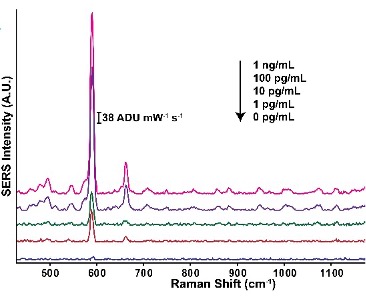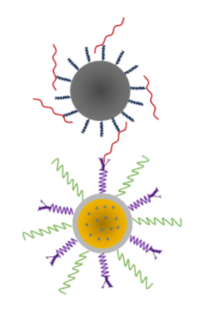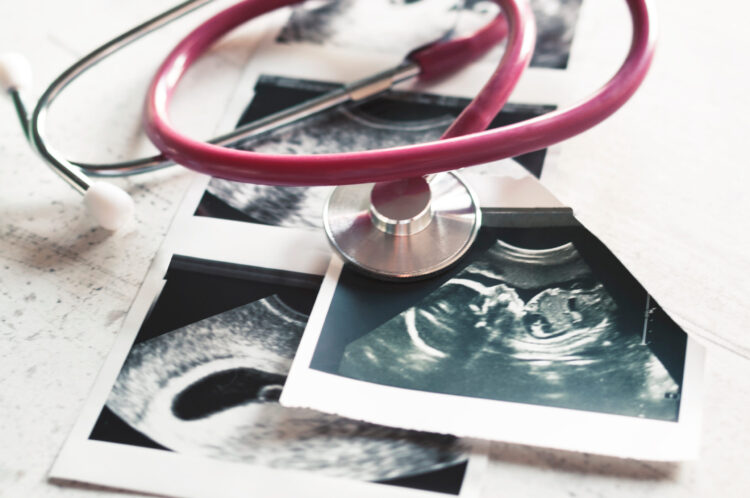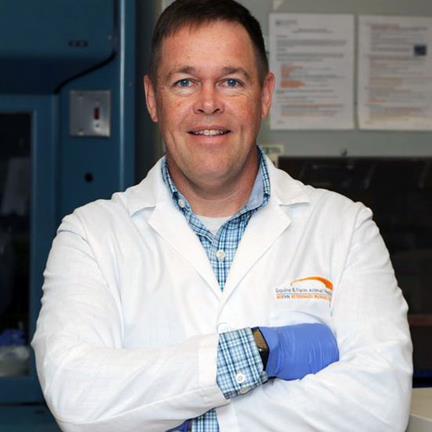Immunoassay Complexes for Early Detection of Miscarriage Biomarkers
The Problem
20% of pregnancies result in miscarriage, with > 80% of miscarriages occurring within the first trimester. Currently, there are no rapid, on-demand methods to measure miscarriage risk in early and on-going pregnancies. The biomarker used to detect miscarriage, chorionic gonadotropin, is useful within the first 9 to 12 weeks but becomes less relevant as patients enter the 2nd and 3rd trimester. In addition, invasive examinations are often necessary to confirm miscarriage has occurred, which can lead to further detriment of a patient’s wellbeing. To circumvent these issues, a better biomarker detection method is needed.
The Solution
Researchers at the University of Tennessee have created a new line of materials as part of a system of immunoassays that can detect and quantify concentrations of kisspeptin and other hormones of interest. The assays utilize the principles of Surface-Enhanced Raman Spectroscopy (SERS) and the combination of engineered nano- and mag-tag nanoparticles to generate sandwich complexes that accurately and rapidly measure kisspeptin within physiological ranges.


Benefits
| Benefit |
|---|
More Information
- Kusum Rathore
- UTRF Vice President
- 865-974-1882 | krathore@tennessee.edu
- UTRF Reference ID: 24073
- Patent Status: Patent Pending

Innovators
Brian Keith Whitlock

Professor, Large Animal Clinical Sciences, UTIA, UT Knoxville
Brian K Whitlock, DVM, MS, PhD, Diplomate American College of Theriogenology. Dr. Whitlock holds a BS (Chemistry) from Campbellsville University, MS (Animal Science) from Michigan State University, a DVM from Auburn University, Ph.D. from Auburn University, and is a specialist in reproduction as a Diplomate of the American College of Theriogenology. His research focus is reproductive physiology and endocrinology, and interaction of metabolic and reproductive systems.
Read more about Brian Keith WhitlockBhavya Sharma

Associate Professor, Chemistry, UT Knoxville
Dr. Sharma received her PhD from the University of Pittsburgh. Her research interests are the characterization of the underlying physics and chemistry of biological processes. Her research goal is to use innovative Raman spectroscopic methods to create new approaches for the early detection of diseases.
Read more about Bhavya SharmaAvery Lauren Wood

Graduate Research Student, Department of Chemistry, UT Knoxville
Dr. Wood received her PhD at the University of Tennessee in 2023. Her dissertation research was focused on the indirect detection of hormones at low level concentration in biological samples using a Raman reporter.
Read more about Avery Lauren Wood